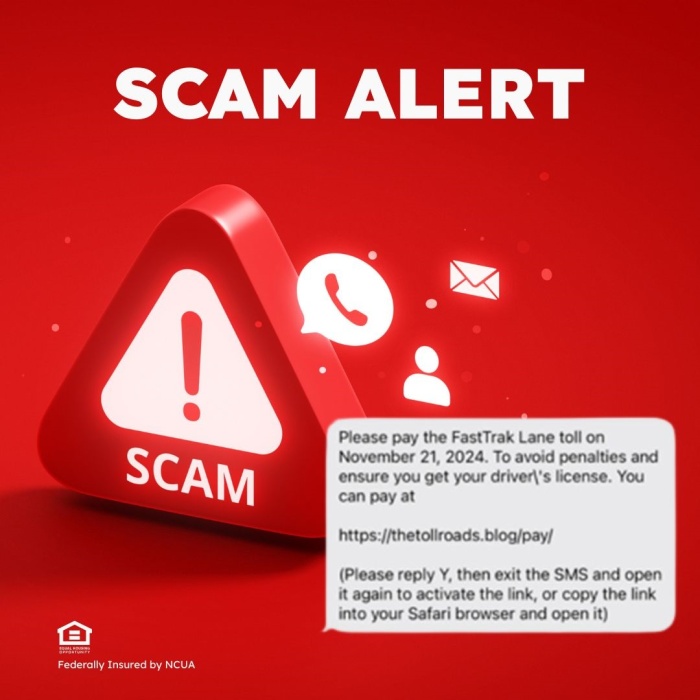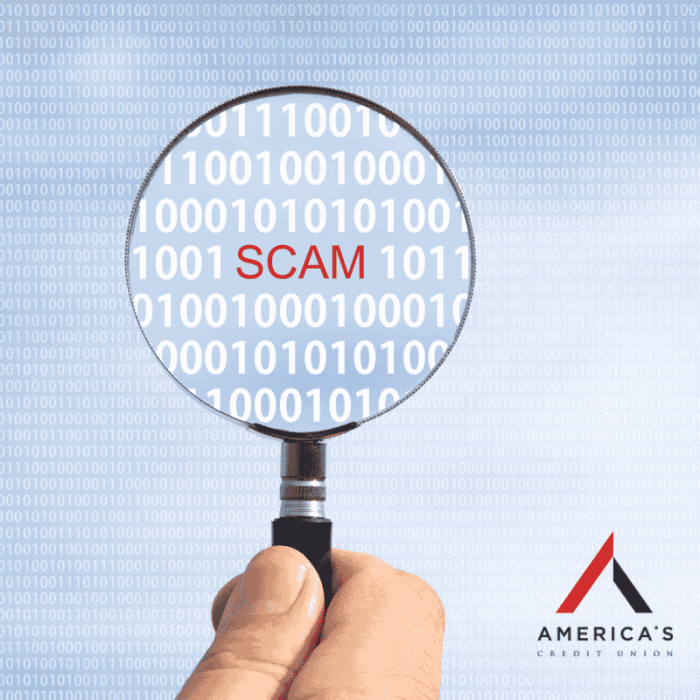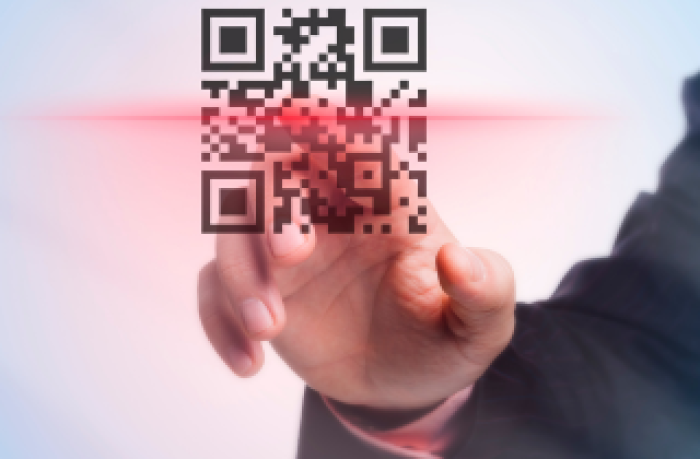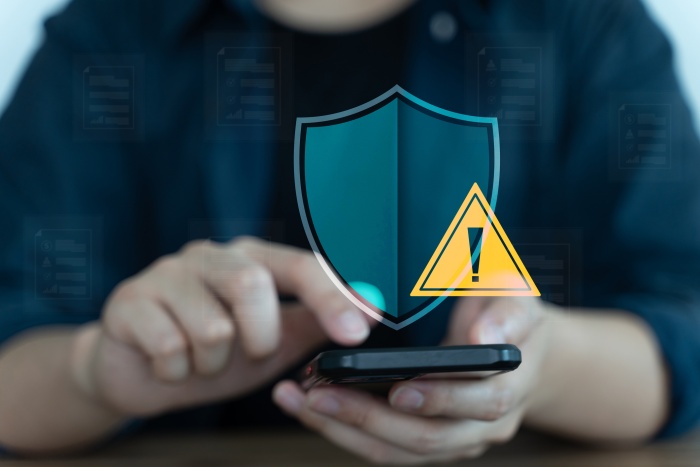- Routing #311982435
- Schedule an Appointment
- Contact Us

Clock in with your UTV for the grind, unleash your ATV for some off-road thrills when it's playtime.
- Routing #311982435
- Schedule an Appointment
- Contact Us
Security Center
America's Credit Union wants you to be aware of potential online threats and know how to keep your information safe.
-

Toll Road Phishing Scam
February 21, 2025 | Security CenterPlease be advised that a nationwide text phishing scam is targeting drivers with messages about outstanding toll amounts.
-

Protect Yourself from Fraudulent Communications
January 16, 2025 | Security CenterWe will NEVER contact you to ask for personal information and account details. If someone posing as America's CU asks you for information like your social security number, account details, username, passwords, security passcodes, or answers to security questions, DO NOT RESPOND. See how you can protect yourself from account takeover.
-

4 Ways to Stay Safe Online
September 23, 2024 | Security CenterWe can increase our online safety through four simple actions, and whether at home, work, or school, these tips make us more secure when connected.
-

Quishing - QR Code Phishing
July 30, 2024 | Security CenterQuishing, short for QR code phishing, is an identity fraud scam utilizing QR codes. Learn more on how to spot Quishing here.
-

Fraud Awareness Checklist
May 23, 2024 | Security CenterAmerica's Credit Union will NEVER ask you to provide access codes or personal and financial information via email, text, or unsolicited callers. Awareness is your best defense against fraud. Review our checklist.
-

Detecting Fraud
March 26, 2024 | Security CenterIn today's digital age, where financial transactions happen at the click of a button, it's important to stay vigilant about the security of your bank account. Fraudsters are constantly devising new ways to access your money unlawfully, making it crucial for consumers to be aware of the warning signs indicating potentially fraudulent activity.
-
Person-to-Person (P2P) Scams
March 07, 2024 | Security CenterUtilizing payment platforms such as Zelle, Venmo, PayPal, and other Person-to-Person (P2P) payment apps is a convenient way to pay for goods and services, but also puts you at greater risk for transaction fraud.
-
Suspicious Phone and SMS Text Messages
February 15, 2024 | Security CenterSuspicious phone calls and text message scams are on the rise.
Please be aware that America's CU will never reach out to you and ask for sensitive information. If you happen to receive any form of communication from "America's Credit Union" either via phone or SMS text message, please do not hesitate to contact us at 1-888-742-6551. Your security and protection are our top priorities.
-
Digital Banking Security
January 01, 2024 | Security CenterWe take every precaution to provide a secure banking experience, but you also play an important role in preventing unauthorized people from gaining access to your accounts and personal data.
-
Identity Theft
January 01, 2024 | Security CenterIdentity theft is the fastest-growing crime. It occurs when personal information is stolen and used to assume the victim's identity. Identity thieves open banking accounts, make purchases, obtain cash and even rent apartments in the victims' name.
